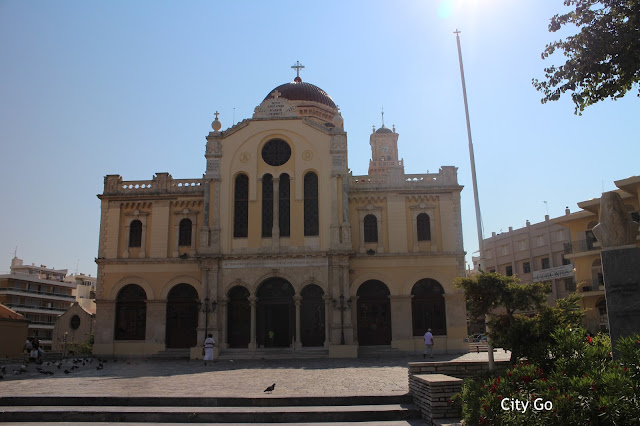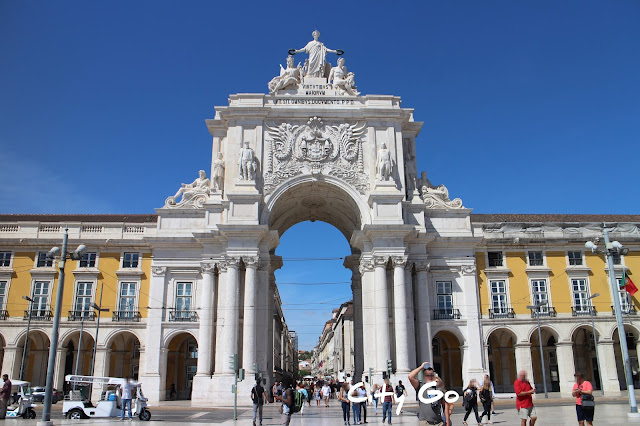Merida, Spain
Emerita Augusta, the Roman city, was founded in 25 AD, at the end of the Cantabrian wars- in the Northern part of the Iberian Peninsula- when Ceaser Augustus retired most of his veterans and decreed they should settle in Lusitania. The location of the new city was strategically chosen in order to control the traffic on the western side of the Peninsula.
The diversity and grandeur of the buildings made it one of the most important cities of its time and the most important in the Peninsula. From its foundation, Emerita Augusta became the unofficial capital of the Iberian Peninsula and the capital of Lusitania, one of its provinces. At its height, it is estimated that the population of Merida surpassed 40,000 inhabitants.
Christianity arrived early to Merida, in the late 3rd or early 4th century. In 304 the martyrdom of a young girl, Saint Eulalia, caused a great sensation, with her cult spreading throughout the western Mediterranean.
At the beginning of the 5th century, Merida was occupied by the Alani but, following a few conflicts between barbarian peoples, the Visigoths finally took over and reinstated Merida as the capital of their kingdom. In the early 8th century the city was conquered by the Muslims and was under Muslim dominium for the next five centuries until in 1230 King Alfonso IX reconquered the city. He ceded the city to the bishop of Compostela and, subdued by the Order of Santiago, it gradually lost importance becoming a shadow of its former self.
The archaeological sites of the city were inscribed in the UNESCO World Heritage List in 1993.
What to visit in two days:
What to visit in two days:
Alcazaba
Archaeological Museum of Visigothic Art
Basilica of Saint Eulalia
Casa del Mitreo
Forum
Moreria
National Museum of Roman Art
Parador
Roman Amphitheatre
Roman Bridge
Roman Circus
Roman Temple
Roman Theatre
Squares
Trajan's Arch















Comments
Post a Comment